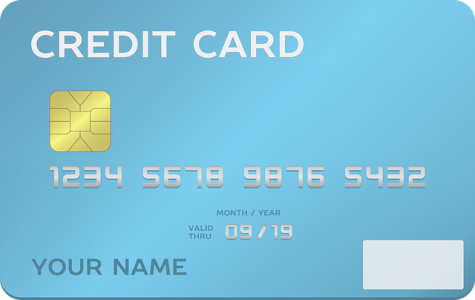Before buying a house, you must learn about credit score and try to improve it. It’s not always possible to have an excellent credit score. The rating starts at 350 and ends at 850.
It may not be possible to attain the maximum score, but if your credit score is 580, you can surely take it to 680 by making slight improvements.
Why Is It Critical to Have a Better Credit Report?
In the financial world, your credit report is your passport. You cannot get a loan without having a good score. Even if you do get a loan, the bank will charge you insanely high-interest rates.
Let’s say you have a credit score of 620. You are planning to buying a house worth $200k. You can save $66,000 if your score changes to 760. We are considering a typical 30-year, fixed-rate mortgage. An exceptional score allows you to negotiate terms with the lender. You can also apply for a mortgage without any down payment.
How Is My Credit Score Calculated?
A credit score is used to convert consumer behavior into a constant number.
- How often do you borrow money?
- Do you use various accounts/cards?
- Are you tackling various types of debts such as student loans, mortgage, vehicle loan?
- Do you pay your loans on time?
Your credit score is calculated similarly to understand the answers.

Credit History
Credit maturity shows history. If you have been using credit cards for the past five years, and you have paid the debt, that’s a positive sign. Your credit history makes up 15% of your credit report. The longer the past, the higher is your score.
That’s the reason; college students have a difficult time applying for a new loan. They don’t have a credit history, and hence, they don’t have an established score.
New Credit Inquiries
It’s best to avoid personal debt. Financial institutions favor consumers who take on less debt. If you frequently open new credit card accounts, that’s a negative sign.
You cannot change your history. However, you can limit new loan applications. Credit inquiries make up 10% of your credit report — fewer applications lead to a better credit score.
Credit Utilization Rate
Let’s say; your credit limit is $20k. Each month, you spend roughly $2k. Your credit utilization rate is then 10%.
If you are planning to improve the numbers, you can try two things.
- Pay your debts on time and try to reduce your expenses.
- Ask your respective company to increase the credit limit. That can instantly raise your score. However, be very careful. Spending more money can lead to more debt and financial trouble.
Credit Mix
The credit mix considers the types of debt. It is challenging to handle multiple debts. If you have student debt, a mortgage, credit card debt, and you pay all loans on time– that’s a positive contribution to your credit report.
However, non-payment across various channels will severely reduce your credit score.
Payment History
Here comes our favorite part. Your recent payments can make 35% of your credit report. When improving your score, pay all your debts on time. It is the known way to raise the score!
Your payment history switches quickly. Missing or sending even one loan installment can add/deduct 100 points from your credit score. That means it is easier to improve your report just by sending timely payments.
There are chances that you are paying your mortgage and other bills on time. However, your credit score is still not high. In that case, you can fix the issue by contacting a reputable credit repair firm. The company will fix problems such as non-reported amounts; your credit score should improve gradually over the few weeks.
For more information, please get in touch with a real estate solutions company.

